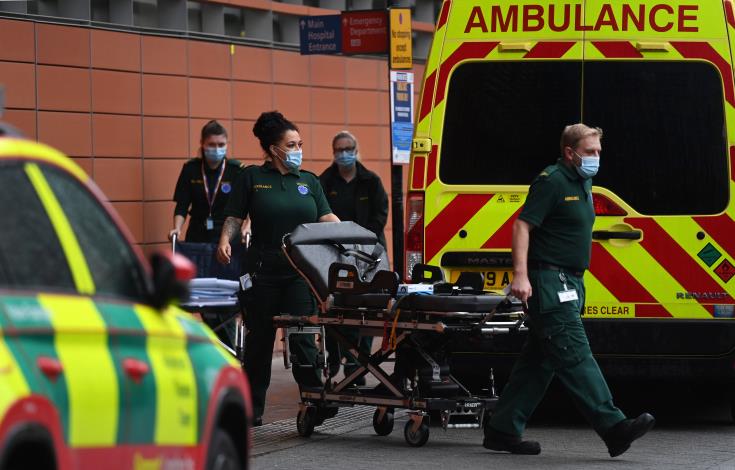The risk posed by the highly infectious Omicron mutation of the new coronavirus worldwide remains "very high", the World Health Organization warns today.
"The global risk associated with the new variant of the Omicron concern remains very high," the WHO said in its weekly epidemiological bulletin. "Reliable evidence suggests that the Omicron mutation has a developmental advantage over the Delta variant, with a doubling rate of two to three days," the agency added, noting that "there is a rapid increase in the impact in a number of countries."
"The rapid increase is probably due to the combination of the loss of immunity and the inherent increase in the transmissibility of the Omicron variant," he explains.
However, the World Health Organization emphasizes the 29% reduction in the incidence in South Africa, the country that first identified and informed the organization on November 24 about this mutation. The WHO notes that data from Britain, South Africa and Denmark - which have the highest proportion of infections in the population - suggest a reduction in the risk of needing hospitalization in case of Omicron infection, in comparison with the Delta.
However, more data are needed to understand the importance of Omicron in terms of clinical indicators, in particular oxygen use, intubation and death. And also, the way the severity of the disease can be affected by a previous infection or by vaccination.
According to the World Health Organization, during the week ended Sunday, the global number of cases increased by 11% compared to the previous year, while the number of deaths decreased by 4%. "This equates to just under 5 million new infections and just over 44.000 new deaths," he said. The highest number of cases was recorded in the USA, Britain, France and Italy.
